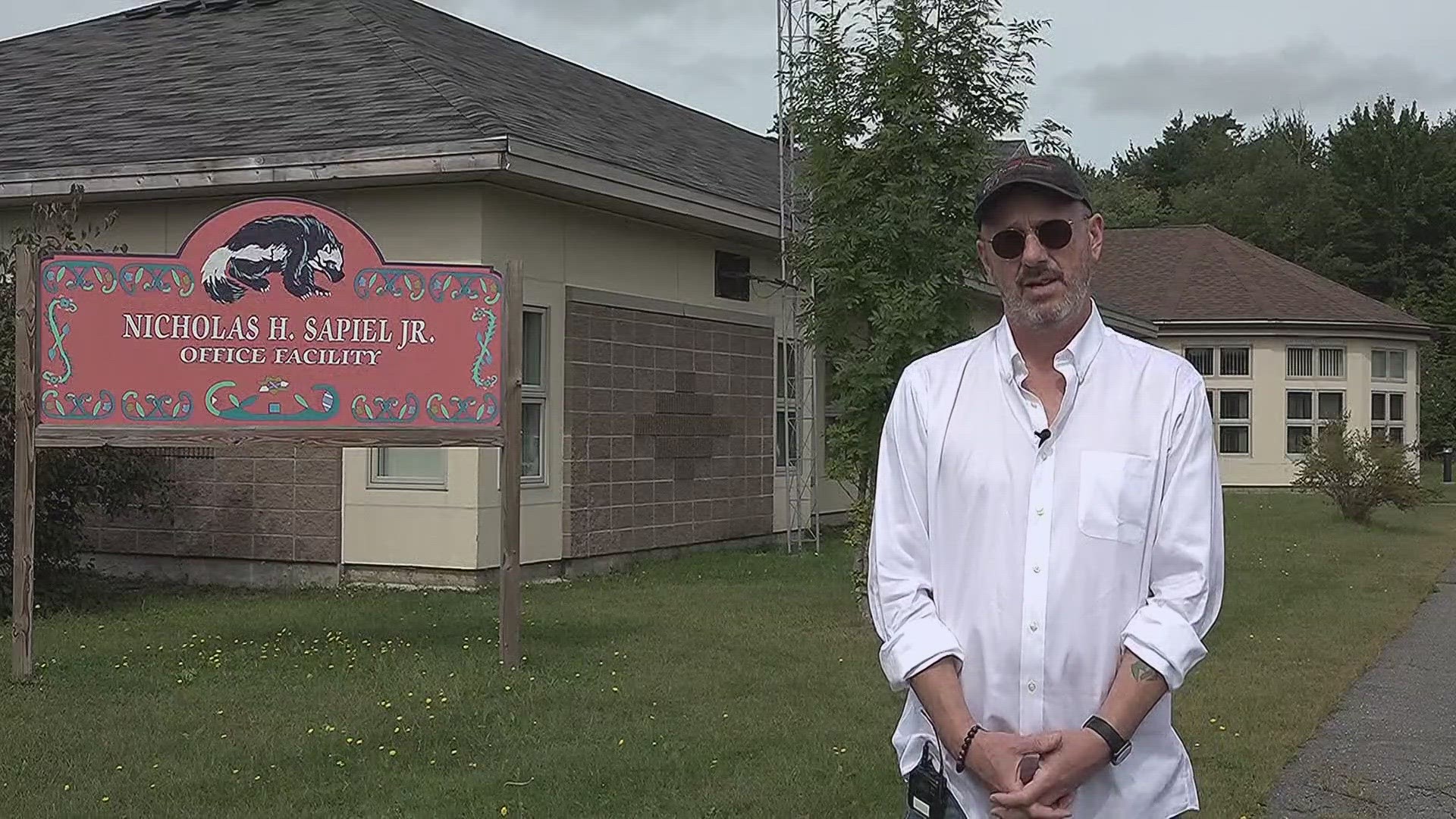INDIAN ISLAND, Maine — Access to renewable energy sources is a priority for the state of Maine. The Environmental Protection Agency and the University of Maine are pulling together resources to help rural and underserved communities develop their own community energy program.
The EPA awarded University of Maine researchers 1.13 million dollars to create the State of Maine Local Energy Action Networks (LEANs). Associate professors of economics at UMaine, Caroline Noblet and Sharon Klein, are leading the charge to work with the Penobscot Nation, the Passamaquoddy Tribe at Pleasant Point and Indian Township, the Houlton Band of Maliseet Indians, the Mi’kmaq Nation, the town of Millinocket, and other rural communities.
A portion of the EPA grant is allocated to recruit a new Wabanaki Sustainable Energy Coordinator who will work with all five Wabanaki governments over the next four years to help meet the tribes’ sustainable energy goals.
The researchers and the state’s network partners will help secure state and federal funding to provide technical, financial, and educational assistance to tribal communities in Maine as they implement their renewable energy program.
Penobscot Nation's Economic Development Manager Michael Burgess said energy sovereignty is a main economic driver for them.
"It’s so about saving money, obviously, but mostly it’s about sustainability because the Penobscot Nation is very environmentally oriented," Burgess stated.
University of Maine economists will help tribal communities map out a path toward a clean energy future.
"There is an energy transition happening and if things go the way that they typically go, local communities and particularly underserved communities may not access the benefits of that energy transition the way that other people do," Klein expressed.
As a result of this collaboration with UMaine researchers and the Penobscot Nation, the plan is on track to roll out its first phase of solar panel installations on all municipal buildings next year.
Co-researcher Caroline Noblet's partnerships and developing trust with these communities are essential to the tribes' successful transition to cleaner energy.
"It’s going to offer us a blueprint to help other Maine communities work on sustainable energy transitions," Noblet implored.
UMaine economists hope their LEAN will help underserved communities develop a renewable energy future by taking advantage of funding opportunities made available to them.

